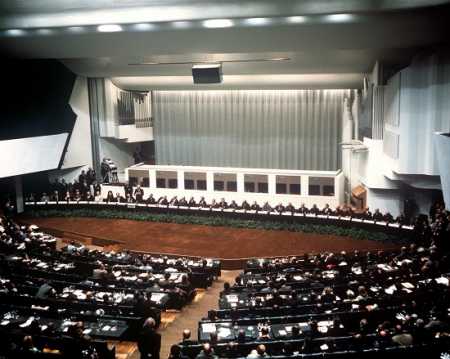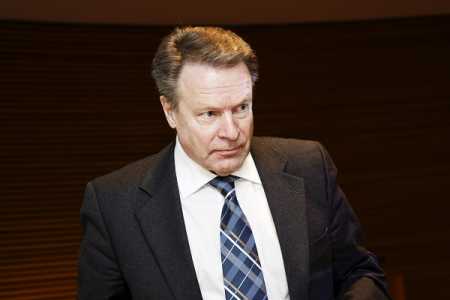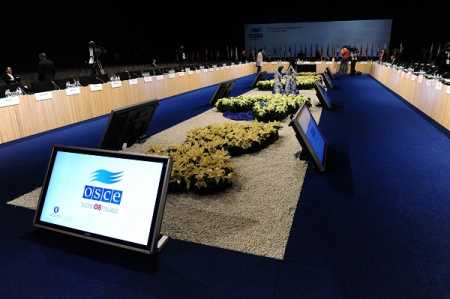|
Sat, 04 Jul, 2015 12:03:30 AM FTimes-Xinhua Report by Juhani Niinisto, July 4
The 323-member Parliamentary Assembly of the OSCE will convene at the Finlandia Hall where the original Helsinki Final Act was signed by 33 European countries along with the United States and Canadain 1975. Based on an initiative from former Finnish President Urho Kekkonen in 1969, the Helsinki Summit was then successfully convened and an agreement (CSCE) on security and co-operation between the two sides of the Cold War was achieved. The present organization OSCE was formed in 1990s after the end of the Cold War. However, the European security system based on the OSCE has encountered challenges, particularly during the past ten years. In 2008, the then Russian president Dmitry Medvedev suggested a totally new security system that would have been in his view more equally representative and capable.
Criticism of the system has accelerated during the Ukraine crisis. Professor Raimo Vayrynen, a former Director of the Finnish Institute for International Affairs, said the major question for the future of the OSCE is whether it will have a role in efforts to find a solution for the Ukraine conflict. But today's realities are far from the framework of 1975. Vayrynen told Xinhua that in the early 1970s there "was real effort and willingness" to work out consensus. "Both sides reasoned that they would gain in the Helsinki Act. The East had been awarded the inviolability of borders while the West managed to include human rights issues. But that willingness to make compromises does not seem to exist today on either side," Vayrynen said. Professor Vayrynen reminded that even in the 1970s, attaining the "spirit of Helsinki" was no easy process. It was at times an uphill struggle and right wing circles in Western Europe and North America harboured suspicion against the plan.
"Finland had a certain role as a catalyst, but if one of the two major powers had been against the idea, Finnish efforts would not have overcome the resistance," he added. The decision to arrange a special commemoration to mark the 40th anniversary of the Helsinki Summit was taken in 2012. The relationship between the West and Russia has worsened since. The upcoming meeting has suffered a further setback as Finnish authorities said those Russian delegates with entry bans into the EU would not get into the country. Finnish Foreign Minister Timo Soini said the decision was taken after consultations with the rest of the EU. Until last week the prevailing view in Finland had been that the entry ban problem could be solved in a positive manner. Finnish public statements tried to soften the impact. Ilkka Kanerva told local media on Wednesday that he understood the feelings in Moscow and the importance of Russia taking part. On Thursday the situation was that one Russian representative would attend instead of the 15 envisaged. The continued vitality of the OSCE would be important for Finland, an EU country that has the longest border with Russia. The concerns of Finland were reflected in the original initiative in 1969, and recognition of its geopolitical position still prevails in Finland. Ilkka Kanerva, a former Foreign Minister of Finland, has repeatedly reminded of the need to keep "the walking path to Moscow in passable condition." More News
|
|
Finland Times
| Friday, 26 April, 2024 |




